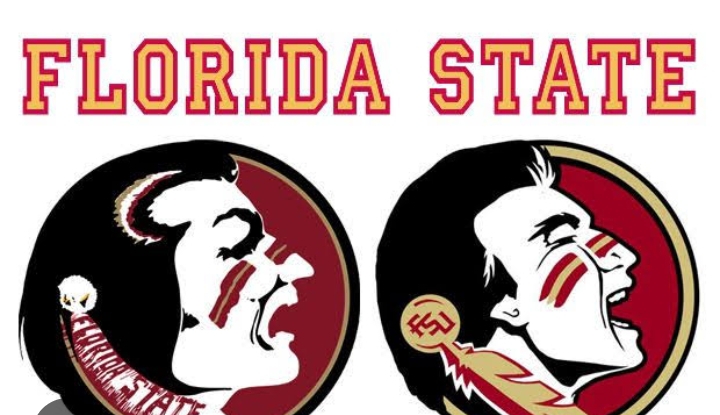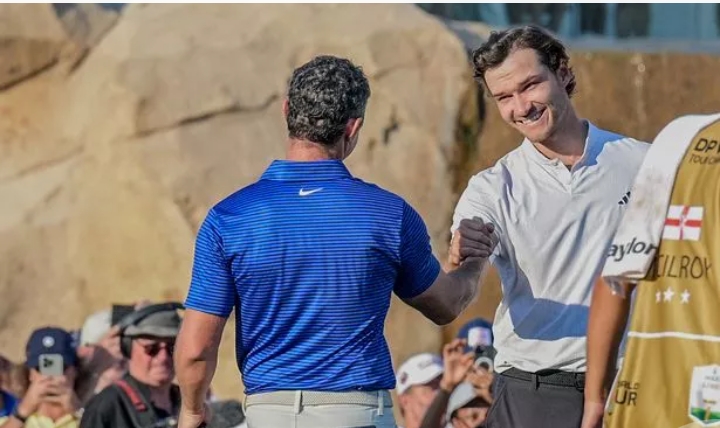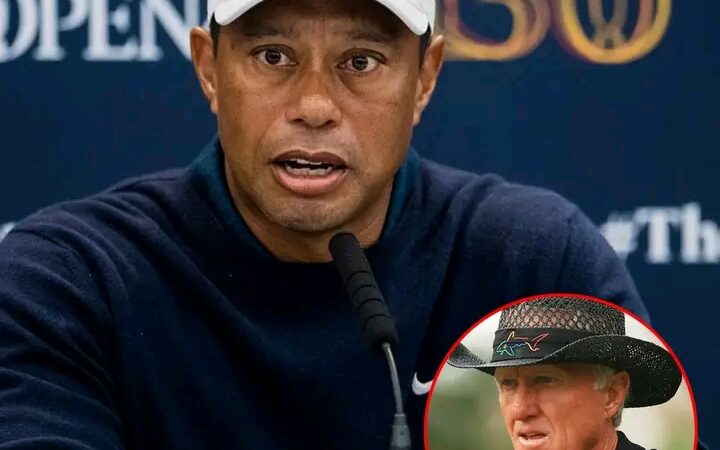JUST-IN: FSU football penalized again by NCAA for multiple violations

Florida State Seminoles football has made college sports history — and not in a particularly fun way.
First-of-their-kind NIL penalties are being handed down to the Seminoles, with the school being forced to disassociate from NIL collective Rising Spear as well as offensive coordinator and offensive line coach Alex Atkins being dealt a three-game suspension to start the 2024 season.
“We are pleased to reach closure to this situation and view this as another step in strengthening our culture of compliance at Florida State University,” FSU athletic director and vice president Michael Alford said. “We take all compliance matters very seriously, and our full cooperation with the NCAA on this case is a clear example of that commitment. We remain committed to compliance with all NCAA rules including disassociation of the booster and the collective.”
The University and the NCAA agreed upon the committee’s final determination regarding the actions in question. The committee found no lack of institutional control by FSU, nor cited any failure to monitor by the institution. Further, the NCAA acknowledged no findings of responsibility by the head football coach. The committee affirmed that the head football coach promotes an atmosphere of compliance.
Additional penalties range from fines to limitations on transfer portal communication to scholarship reductions.
From the NCAA report:
A Florida State assistant football coach violated NCAA rules when he facilitated an impermissible recruiting contact between a transfer prospect and a booster, according to an agreement released by the Division I Committee on Infractions. During that contact, the booster encouraged the prospect to enroll at Florida State and offered a name, image and likeness deal as a recruiting inducement. The assistant coach then violated ethical conduct rules when he provided false or misleading information about his involvement in the arranged meeting.
The school, assistant coach and enforcement staff agreed that the violation occurred after a prospective transfer student-athlete entered the NCAA Transfer Portal and communicated with the assistant coach to arrange an official visit to Florida State. During that visit, the assistant coach transported the prospect and his parents to and from an off-campus meeting with a booster, who at the time was the chief executive officer of an NIL collective that also was a booster. The prospect and his parents stated the assistant coach informed them that they would be meeting with the booster. The coach did not stay for the meeting.
During the meeting, the booster encouraged the prospect to enroll at Florida State and offered him an NIL opportunity with the collective worth approximately $15,000 per month during his first year at the school. After the meeting, the booster contacted the prospect and the prospect’s mother via text message and/or phone call. Shortly thereafter, the prospect withdrew his name from the Transfer Portal and remained at his previous school. The prospect did not enter into an agreement with the booster or receive any related compensation.
The school and enforcement staff agreed that the meeting with the booster violated several recruiting rules. Specifically, the meeting constituted an impermissible recruiting contact because boosters are not authorized recruiters and generally cannot have in-person, off-campus contact with prospects. The booster also violated recruiting rules when he initiated telephonic communication with the prospect and his mother. Additionally, the booster’s proposed NIL opportunity constituted an impermissible recruiting inducement.
The school, enforcement staff and assistant coach also agreed that during the enforcement staff’s investigation, the assistant coach violated unethical conduct rules when he knowingly provided false or misleading information about his knowledge of and involvement in the violations. Specifically, on two occasions, he denied facilitating the meeting between the booster, prospect and prospect’s family. However, the assistant coach was truthful about aspects of the violations, including acknowledging his role in transporting the prospect and his parents to the location where they met with the booster. Although providing false and misleading information historically supports a Level I violation, the unique facts and circumstances of this case supported a Level II violation.






